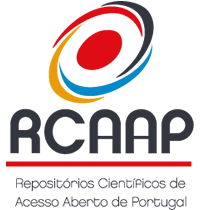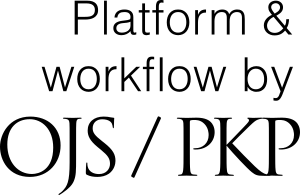Metabolic profiling of renal cell carcinoma tissue using gas chromatography metabolomics
DOI:
https://doi.org/10.48797/sl.2024.243Keywords:
PosterAbstract
Background: Renal cell carcinoma (RCC) is marked by dysregulation of angiogenesis, energy metabolism, and nutrient sensing pathways [1]. This diversity is an obstacle to achieving long-term responses to treatment, notwithstanding progress in targeted and immunotherapeutic drugs. Objective: This study aimed to characterise the metabolic dysregulations that occur in RCC tissue using a metabolomics approach. Methods: Tumour and non-tumour kidney tissues were collected from 18 patients who underwent nephrectomy at the Portuguese Oncology Institute of Porto (IPO-Porto). Ethical approval (238/2018) and written consent were obtained. Tissues were homogenised, and metabolites were extracted using a methanol-water technique. Metabolites were then analysed by gas chromatography-mass spectrometry (GC-MS) analysis. Statistical methods and pathway analysis were used to interpret potential dysregulations associated with RCC. Results: RCC tissue showed a significant reduction in amino acid levels (including alanine, asparagine, aspartate, serine, tyrosine, among others), except for β-alanine and glutamate, which exhibited significant elevated levels. Perturbations in organic acids were observed, with a significant decrease in fumarate and gluconate levels and an increase in 3-aminobutyrate, citrate, and lactate. Increased levels of glucose and maltose were also found in RCC tissue, whereas sugar derivatives such as myo-inositol and scyllo-inositol showed decreased levels. Pathway analysis suggested dysregulation in amino acid, energy (TCA cycle, pyruvate metabolism), sugar, and glutathione metabolism pathways in RCC tissue. Conclusions: These results reveal the metabolic reprogramming related with the development and progression of RCC. Understanding these alterations provides important insights for improving RCC treatment strategies.
References
1. Zhu, H.; Wang, X.; Lu, S.; Ou, K. Metabolic reprogramming of clear cell renal cell carcinoma. Front Endocrinol (Lausanne) (2023), 14, 1195500.
Downloads
Published
How to Cite
Issue
Section
License
Copyright (c) 2024 Filipa Amaro, Márcia Carvalho, Carina Carvalho-Maia, Carmen Jerónimo, Rui Henrique, Maria de Lourdes Bastos, Paula Guedes de Pinho, Joana Pinto

This work is licensed under a Creative Commons Attribution 4.0 International License.
In Scientific Letters, articles are published under a CC-BY license (Creative Commons Attribution 4.0 International License), the most open license available. The users can share (copy and redistribute the material in any medium or format) and adapt (remix, transform, and build upon the material for any purpose, even commercially), as long as they give appropriate credit, provide a link to the license, and indicate if changes were made (read the full text of the license terms and conditions of use).
The author is the owner of the copyright.









